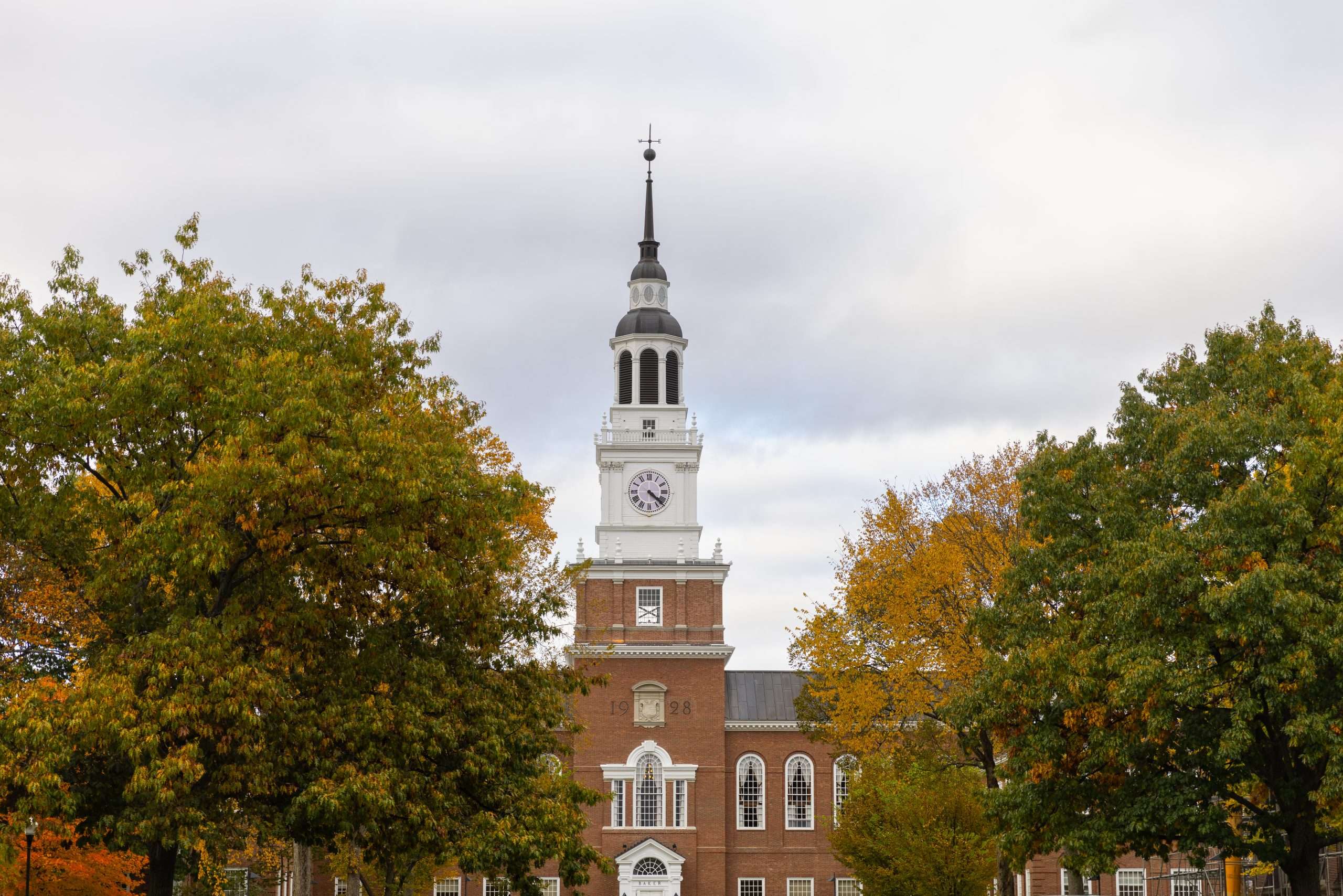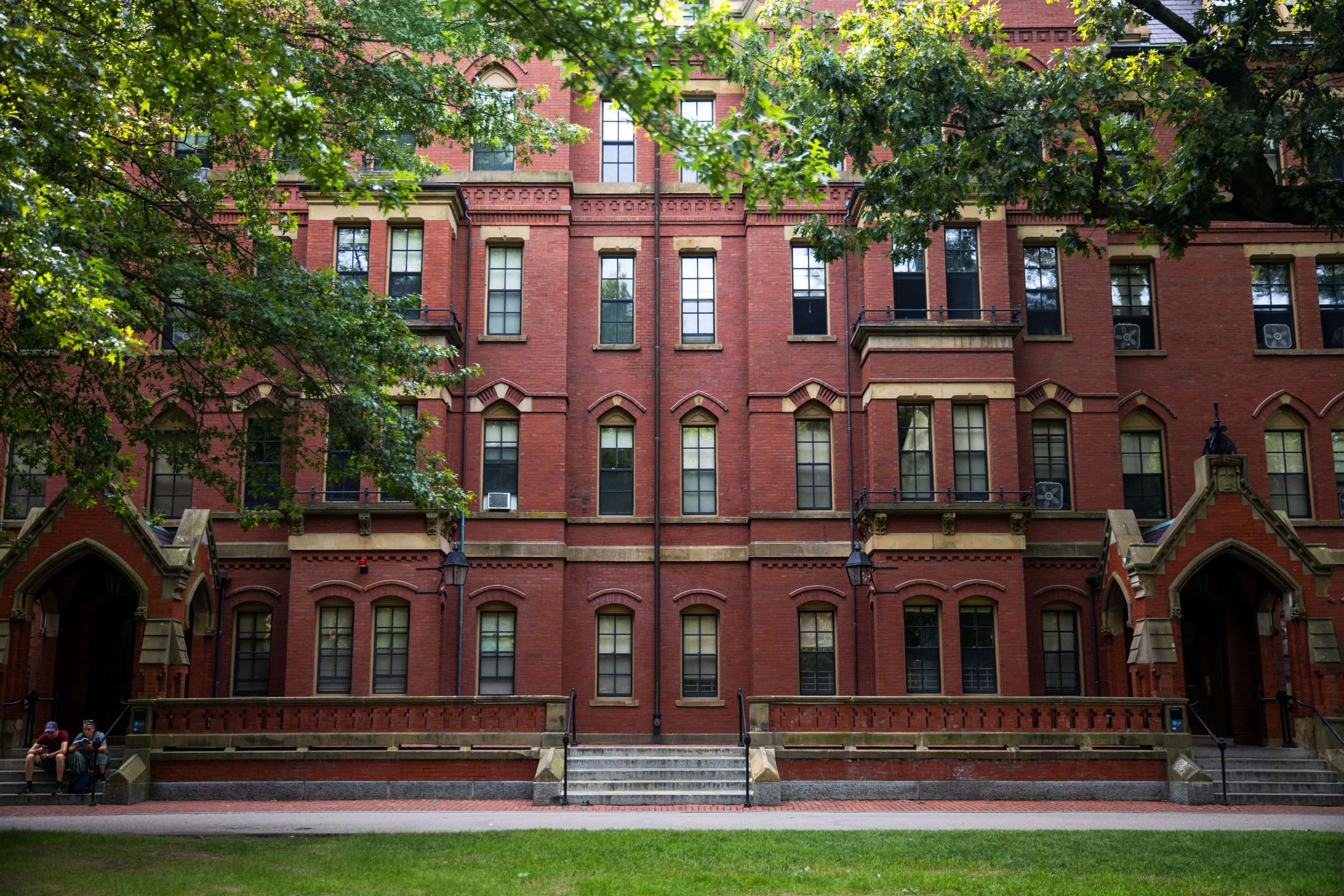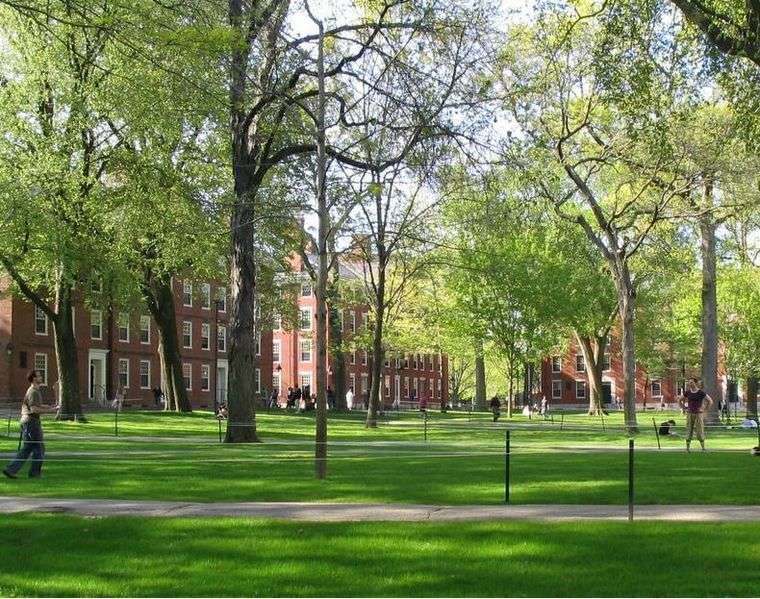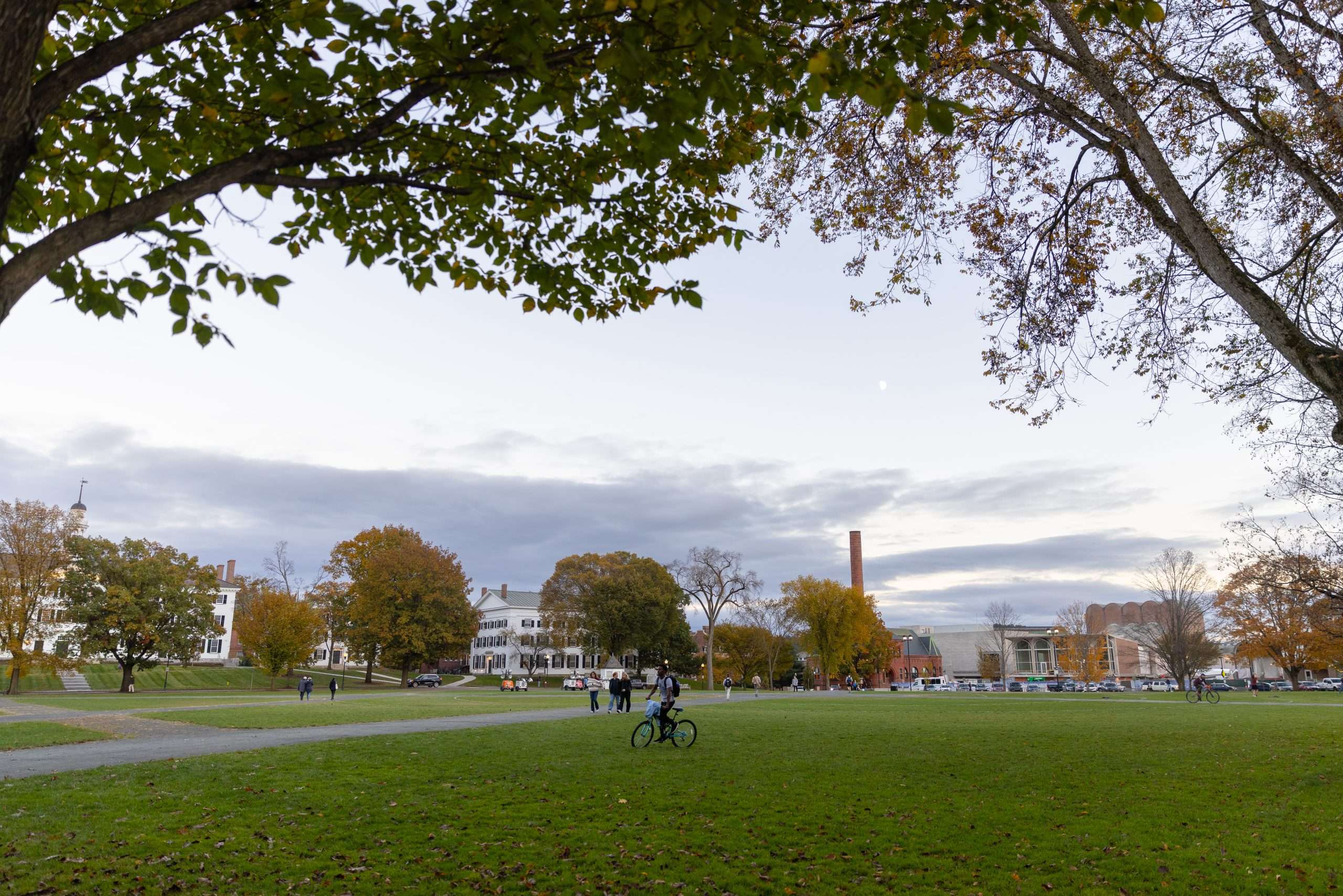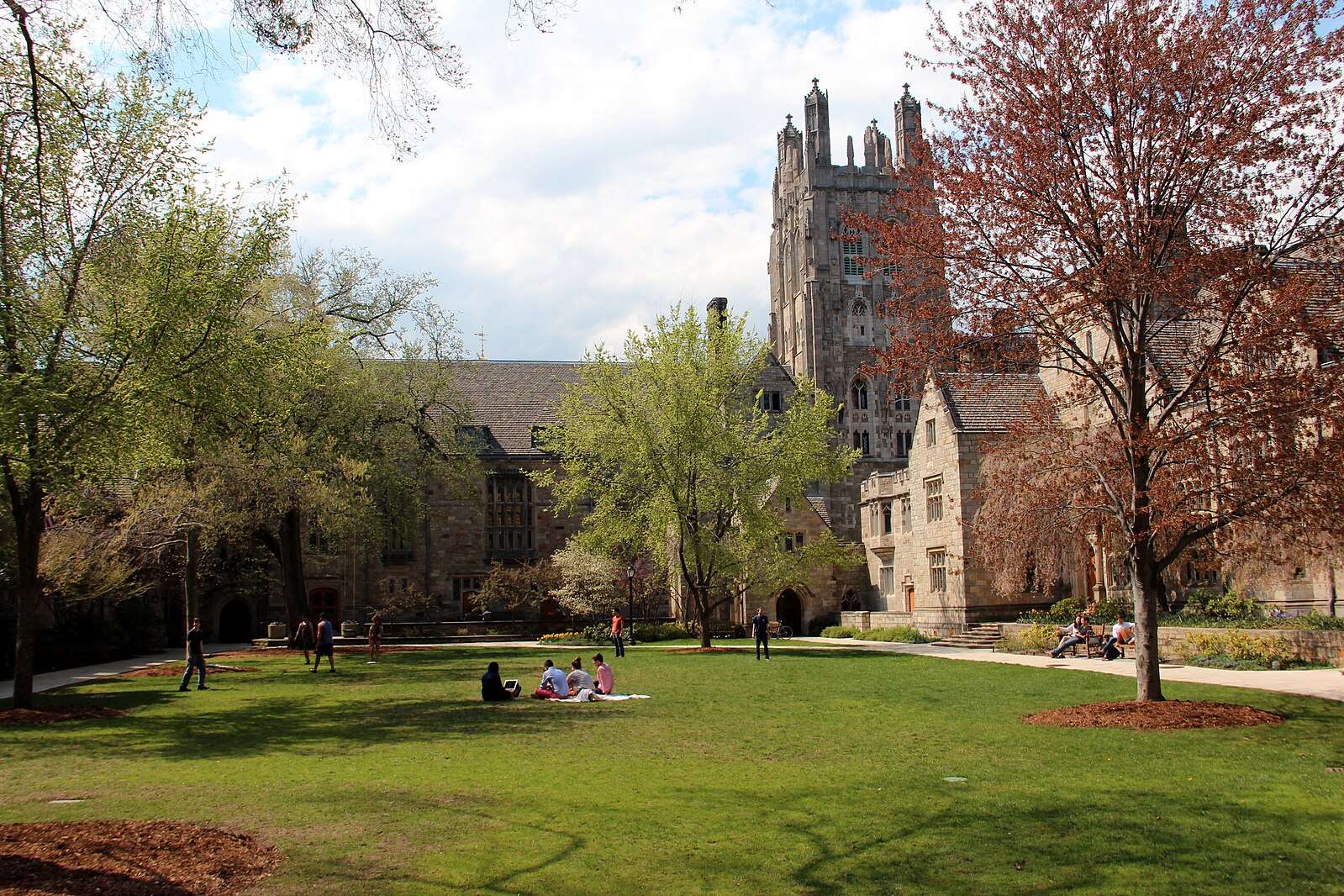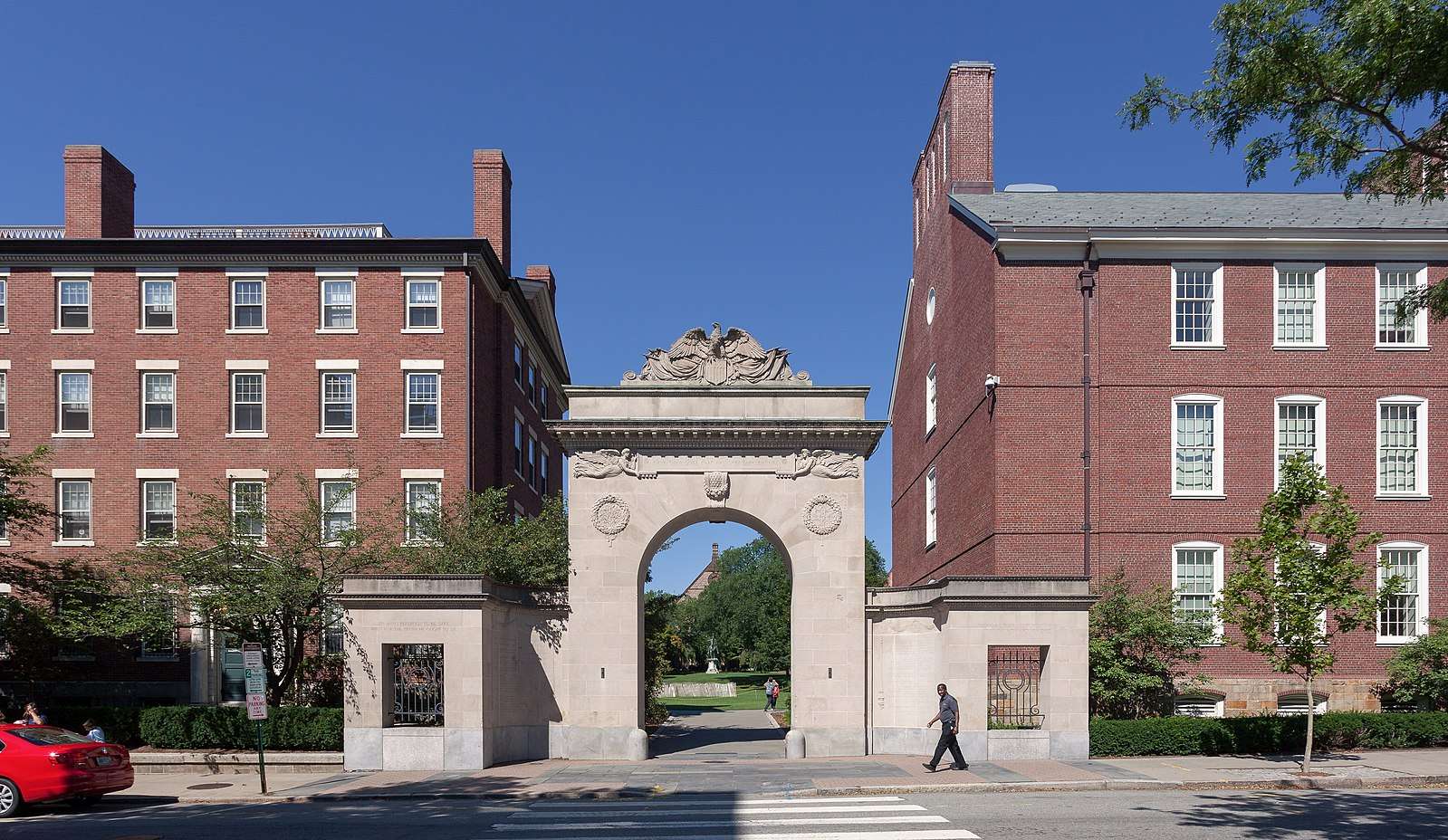The Ivy Coach Daily
The Ivy League Response to Campus Antisemitism
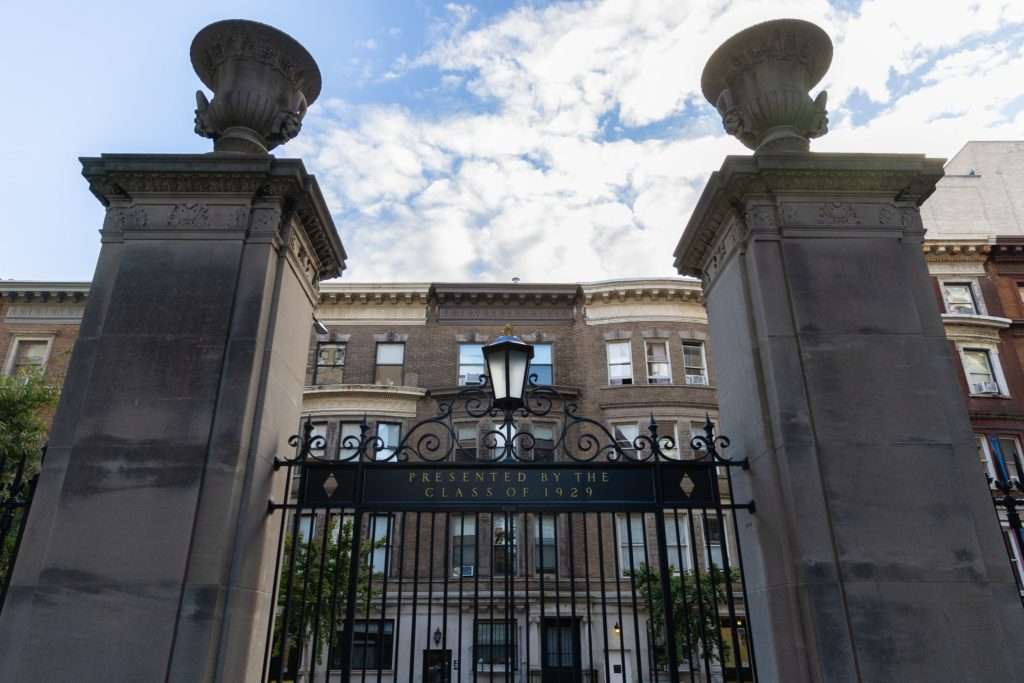
America’s Ivy League universities have earned mixed reviews for their responses to the October 7, 2023 Hamas attacks and ensuing incidents of antisemitism on their campuses. A number of them, including Harvard University, Columbia University, and the University of Pennsylvania, have drawn scorching criticism from prominent alumni for failing to adequately address threats to Jewish students. Others, like Dartmouth College and Princeton University, have helped ease tensions by holding inclusive gatherings that drew students and faculty together. A number of Ivy League schools have also formed antisemitism task forces as they aim to ensure that Jewish students feel safe.
How Each Ivy League School Has Responded to Campus Antisemitism
An overview of the eight Ivy league universities’ reactions to the Hamas attacks and the actions they have taken as antisemitism rears its ugly head once again are below:
Brown University
Brown University president Christina Paxson said on October 10, 2023 that her thoughts were with the individuals and families impacted by the “horrific and devastating attacks by Hamas on Israel and the tragic loss of life that ensued.”
Paxson said that two Jewish student groups were planning a gathering to create opportunity for reflection and prayer, and that she encouraged students, staff, and faculty to attend the event to come together as a community.
On November 2, 2023, an alum wrote a letter to the editor of The Brown Daily Herald stating that “Brown’s response to antisemitism is lacking.” The letter noted that after swastikas were found carved around campus and a note containing violent threats against Jewish students was delivered to the Brown Hillel chapter, the administration responded with an anodyne statement linking the events to “incidents of bias against underrepresented communities and communities of color.”
Response Grade: C
Columbia University
Columbia University president Minouche Shafik said on October 9, 2023 that she was “devastated by the horrific attack on Israel,” though she did not mention Hamas by name in her statement.
Days later, an Israeli student was assaulted outside of Columbia’s main library. Competing pro-Israeli and pro-Palestinian demonstrations soon led to the campus being briefly shut down.
At a vigil for the hostages taken by Hamas, Israeli-American professor Shai Davidai gave a speech criticizing Shafik for not denouncing pro-Palestinian student organizations that he said were “pro-terror” and made him and other Jewish members of the Columbia community feel unsafe.
Columbia, along with both Harvard and Penn, each responded to critics by forming antisemitism task forces to address threats to Jewish and Israeli students. Columbia later suspended two pro-Palestinian student groups, stating that they had violated university policies by holding unauthorized events that included “threatening rhetoric and intimidation.”
It was announced on November 16, 2023 that the U.S. Department of Education’s Office for Civil Rights launched an investigation into the acts of antisemitism on Columbia’s campus.
In April 2024, a group of over 100 protesters, many of them spewing antisemitic hatred and pro-Hamas propaganda, created a “Gaza Solidarity Encampment” on Columbia’s South Lawn. While Columbia’s president would permit the NYPD Strategic Response Group on campus to arrest the protesters for trespassing on April 18, 2024 and the NYPD would do so, the encampment popped up the day after the sweep on the opposite lawn.
As of April 23, 2023, the encampment in the center of campus remains with over 100 protesters, many explicitly calling for physical violence against Jewish students. Columbia has neither suspended nor allowed the NYPD to arrest these protesters.
Instead, in what appears to be a clear violation of the Civil Rights Act of 1964, the Columbia administration denied Main Campus access to Professor Davidai, who wished to read aloud the names of the Israeli hostages held in Gaza at the encampment.
New York Governor Kathy Hochul visited Columbia’s campus on April 22, 2024, and laid the groundwork for a National Guard Response if Columbia’s administration couldn’t protect its Jewish students, faculty, and staff.
Classes on April 22, 2024 were canceled altogether because Columbia could not protect the safety of its student, and the school switched to remote learning for the remainder of the academic year on April 23, 2024.
Response Grade: F (See Professor – National Guard Response Needed at Once)
Cornell University
Cornell professor Russell Rickford appeared at an off-campus pro-Palestinian rally in which he praised the Hamas attack and said that it was “exhilarating.”
Cornell president Martha Pollack and Kraig Kayser, chair of the university’s board of trustees, condemned Rickford’s remarks, saying in a joint statement that “this is a reprehensible comment that demonstrates no regard whatsoever for humanity,” and that any members who have made such statements “speak in direct opposition to all we stand for at Cornell.”
Pollack said separately, “I am sickened by statements glorifying the evilness of Hamas terrorism.”
Rickford is currently taking a leave of absence from Cornell after having apologized and said that “I recognize that some of the language I used was reprehensible and did not reflect my values.”
Jewish students at Cornell have faced alarming threats. On October 31, 2023, Cornell student Patrick Dai was arrested and criminally charged for posting online messages threatening to kill Jews. A judge has denied Dai bail.
It was announced on November 16, 2023 that the U.S. Department of Education’s Office for Civil Rights launched an investigation into the acts of antisemitism on Cornell’s campus.
Response Grade: D
Dartmouth College
Dartmouth president Sian Beilock said on October 10, 2023 that she had “watched with growing horror the Hamas attack on Israel this weekend, the escalating violence, and the devastating loss of life, especially among civilians.” Beilock encouraged students to participate in a series of discussions featuring professors from Israel, Lebanon, and Egypt, to “help bring us together and shed light on the situation.”
The Dartmouth forums drew praise from the independent Jewish publication The Forward for Beilock’s “radical, out-of-the-box approach to an emotional complex issue.”
Susannah Heschel, Dartmouth’s chair of Jewish studies and Tarek El-Ariss, the Lebanese-born chair of the Middle Eastern studies department, appeared on NPR and PBS together where they emphasized their close working relationship, and how a joint class the two professors taught drew students who trusted them and helped facilitate thoughtful conversations.
On October 28, 2023, two student members of Sunrise Dartmouth, an organization that calls for divestment from any so-called apartheid states, who pitched a tent outside Dartmouth’s administration building, Parkhurst Hall, were arrested for trespassing after receiving repeated warnings by Beilock and Dartmouth’s Department of Safety and Security to vacate.
Response Grade: A+
Harvard University
Harvard University president Claudine Gay made a statement on October 9, 2023 that the university leadership was “heartbroken by the death and destruction unleashed by the attack by Hamas that targeted citizens in Israel this weekend, and by the war in Israel and Gaza now under way.”
The Harvard Undergraduate Palestine Solidarity Committee soon filed a letter, signed by more than 30 student groups, that said they “hold the Israeli regime entirely responsible for all unfolding violence.”
Gay responded on October 10, 2023, “let there be no doubt that I condemn the terrorist activities perpetrated by Hamas,” and that “while our students have the right to speak for themselves, no student group, not even 30 student groups, speaks for Harvard University or its leadership.”
A rash of antisemitic incidents at Harvard followed, with Jewish students being harassed, and in at least one incident, physically assaulted. Jewish students expressed fear about wearing yarmulkes or other items of religious affiliation out of concern for their safety.
Harvard alumnus Bill Ackman, the hedge fund billionaire founder/CEO of Pershing Square Capital Management, wrote a letter to Gay criticizing her for failing to address antisemitism in the Harvard community, stating that he had lost confidence that she and the university “will do what is required.” Ackman urged Harvard’s administration to form an antisemitism task force to address threats to the wellbeing and safety of Jewish students.
On November 9, 2023, Gay penned a more forceful, eloquent rebuke of antisemitism to the Harvard community, in a letter entitled “Combating Antisemitism,” which announced the formation of an Antisemitism Advisory Group.
More than 100 Harvard professors subsequently signed a letter condemning Gay’s letter to the Harvard community.
On December 5, 2023, in arguably the lowest moment in the centuries-long history of Harvard University, in testimony before the U.S. Congress, when asked by a Congresswoman if calling for the genocide of Jews violated Harvard’s Code of Conduct, Gay said, “It depends on the context.”
Response Grade: F
Princeton University
Princeton University took a similar approach to Dartmouth, responding to the Hamas attack by hosting a discussion with an inclusive panel of experts. The forum at Princeton’s School of Public and International Affairs included former U.S. ambassador to Israel Daniel Kurtzer, former prime minister of the Palestinian Authority Salam Fayyad, and Mona Yacoubian of the United States Institute of Peace.
In addition to the forum and other on-campus events, Pro-Israeli and pro-Palestinian student groups both held peaceful vigils at Princeton to commemorate the lives lost in the conflict.
Princeton president Chistopher Eisgruber made a statement that “Hamas’s murder and kidnapping of hundreds of Israelis over the past weekend is among the most atrocious of terrorist acts.”
Prior to the attack, Congressman Josh Gottheimer (D., NJ-5), criticized Eisgruber and other members of Princeton administration for having allowed antisemitic and anti-Israel literature to be included in a humanities course.
Response Grade: A
University of Pennsylvania
University of Pennsylvania president Liz Magill wrote on October 10, 2023 that she was “devastated by the horrific assault on Israel by Hamas that targeted civilians and the taking of hostages over the weekend.”
But following rising incidents of antisemitic hatred on campus, Marc Rowan, CEO of asset-management giant Apollo Global, spearheaded a group of fellow alumni who lambasted Magill for failing to adequately address the problem.
Even before the Hamas attack, Rowan and other alumni including cosmetics tycoon Ron Lauder expressed concerns about a Palestinian literary festival scheduled to be held at Penn in September. In advance of the event, Magill acknowledged that many of the festival’s speakers had a “documented and troubling history of engaging in antisemitism,” though noted that “as a university, we fiercely support the free exchange of ideas.”
Since the Hamas attack, some Penn students have beamed vile antisemitic phrases on campus buildings and “Missing Cow” mocking posters, modeled after the posters of Israelis kidnapped by Hamas, have been posted across Penn’s Philadelphia campus.
Rowan, along with other prominent Penn alumni, has called for Magill and the chair of Penn’s Board of Trustees, Scott Bok, to step down. Over twenty members of Congress also sent a letter to Magill criticizing the university’s approach to antisemitism in the student community.
It was announced on November 16, 2023 that the U.S. Department of Education’s Office for Civil Rights launched an investigation into the acts of antisemitism on Penn’s campus.
On December 5, 2023, in arguably the lowest moment in the centuries-long history of the Universities of Pennsylvania, in testimony before the U.S. Congress, when asked by a Congresswoman if calling for the genocide of Jews violated Penn’s Code of Conduct, Magill said, “It is a context-dependent decision.” When pressed further, she stated, “If the speech becomes conduct, it can be harassment.” The Congresswoman then retorted, “Conduct meaning committing the act of genocide?”
Following the testimony, Magill and Bok resigned in disgrace.
Response Grade: F
Yale University
Yale president Peter Salovey said in a statement on Oct. 10 that “I am compelled by our shared sense of humanity to condemn the attacks on civilians by Hamas in the strongest possible terms.”
Zareena Grewal, a tenured professor at Yale who teaches race, migration, and religious studies, made a series of social media posts expressing support for the Hamas attacks, including one that said “Israel is a murderous, genocidal settler state and Palestinians have every right to resist through armed struggle.”
Outraged students created a petition seeking Grewal’s resignation, which garnered over 30,000 signatures.
However, the Yale administration defended her right to free speech and has not subjected Grewal to any disciplinary action. A university spokesperson told the Yale Daily News that “Yale is committed to freedom of expression, and the comments posted on Professor Grewal’s personal accounts represent her own views.”
On April 22, 2024, 47 Yale student-protesters, many of them spewing antisemitic hatred demanding the school divest from investments tied to Israel from a tent encampment, were arrested for trespassing on Beinecke Plaza. The students will be referred for disciplinary action by the institution. After the arrests of the 47 students, displaced protesters who had not been arrested moved to block the intersection of Grove and College Streets, bringing traffic to a halt for nearly nine hours. Protests continued thereafter on Cross Campus.
Response Grade: D
Ivy Coach’s Thoughts on the Ivy League Response to Campus Antisemitism
We at Ivy Coach have been deeply dismayed by the administration’s responses at six of the eight Ivy League schools — all but Dartmouth and Princeton. Indeed, in all our years helping students earn admission to these institutions, we have never been more profoundly disappointed in them.
Through their unacceptable silence or words that don’t make it unequivocally clear that antisemitism will not be tolerated under any circumstances and through their inaction when such egregious acts do occur, these schools have unquestionably become complicit in the rising tide of antisemitism sweeping our nation and world.
These institutions, all of which historically discriminated against Jewish students in their admissions processes by capping the number of admits through the use of quotas, have a moral obligation — indeed a duty — to make their campuses safe for Jewish students.
And it is not an issue that depends on one’s political persuasion. At its core, it is not even about the Israel-Palestine conflict. Instead, it is about the safety of Jewish students on Ivy League campuses. While we love all students, including Muslim students, it’s Jewish students who have faced daily hate on Ivy League campuses since the Hamas massacre, and it’s Jewish students who have been left largely to fen for themselves.
In Judaism, there’s a tenet of the faith called tikkun olam. It means to repair the world. The Ivy League institutions, and especially those that received shamefully low marks in our analysis, have considerable repair work ahead of them if they hope to make Jewish students feel safe on their campuses.
They can begin that work by condemning antisemitism in all its virulent forms, suspending organizations that commit acts of antisemitism, expelling students or firing professors who commit acts of antisemitism (however coded their language may be), and hosting open dialogues with campus Jewish organizations, like Hillel and Chabad, to see what more repair work they can do.
The Ivy League Response to Campus Antisemitism Moving Forward
The Israel-Palestine conflict is, of course, complex, and it arouses passionate, divergent opinions among students nationwide. But university administrations need to be clear-eyed that while both antisemitic and anti-Muslim speech and behavior are equally unacceptable, the threats to Jewish students have been far more pronounced since the Hamas attacks on October 7, 2023. Jewish students need to be protected. They need to feel safe on campus. Full stop.
Some Ivy League schools got it right by unambiguously condemning Hamas and making crystal clear that antisemitism on campus will not be tolerated under any circumstances. Others were rightfully criticized for not doing nearly enough. Let’s hope that all U.S. universities build on their efforts to combat antisemitism in the days and weeks to come.
You are permitted to use www.ivycoach.com (including the content of the Blog) for your personal, non-commercial use only. You must not copy, download, print, or otherwise distribute the content on our site without the prior written consent of Ivy Coach, Inc.
TOWARD THE CONQUEST OF ADMISSION
If you’re interested in Ivy Coach’s college counseling, fill out our complimentary consultation form and we’ll be in touch.
Get Started